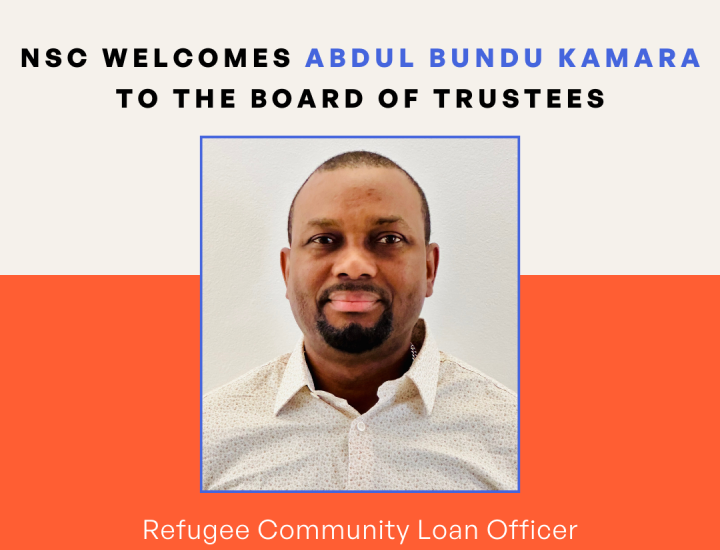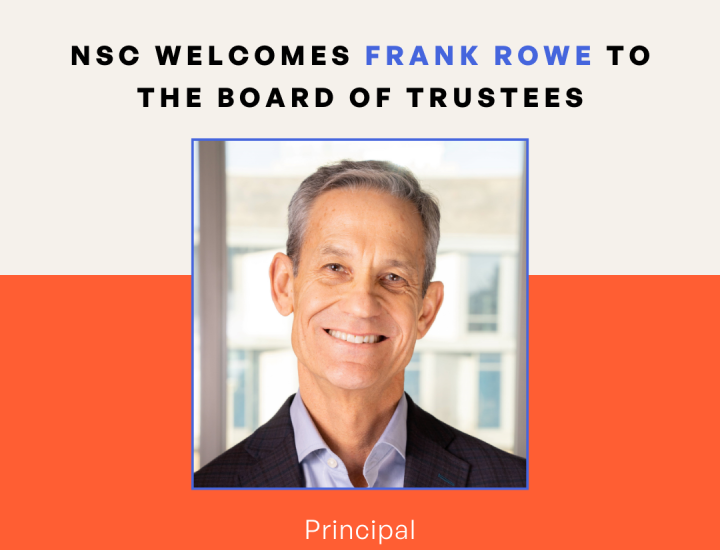NSC Hosts Refugee Adjustment Support Group
Somehow in conversations ranging from medical troubles to mourning Aleppo, we ended sessions smiling and exchanging warm goodbyes.
By Gian Zlupko, Master's in Social Work Intern
“Who is here for us?” a refugee asked during a weekly support group that I facilitate at the Nationalities Service Center (NSC). This is a community adjustment and support group, a curriculum specifically developed for refugees by the organization Pathways to Wellness. Each of the participants has escaped their homelands, feeling war and sometimes torture. Many lost loved ones along the way. It has been less than a year since each of the refugees arrived in the U.S. Now, pressures mount as they establish new lives in Philadelphia. The refugees must find housing, employment, and education for their children, all while navigating a formidable language barrier. They are carrying stories and emotions from their journeys to the U.S. Compounding this nowis an intensifying uncertainty that they have begun voicing in relation to immigration policy and our country’s political climate. It might appear then that the value of a discussion-based support group would be insignificant during their first months in the U.S. I have found however that this is far from the truth.
Over the course of eight weeks, the Pathways to Wellness curriculum centers activity and discussion around topics of mental health. In doing so, the program normalizes the intense emotions that result from their arrival and adjustment to the U.S. and their overall refugee journey. Feelings of alienation, fatigue, depression, and sadness are made the focus of our conversations. The result is empowering. Resettlement is viewed as a process, not a fixed condition. The process is continual, filled with a litany of emotions, from excitement and expectations, to ardor and alienation, to adjustment and integration. By articulating this trajectory, participants discover independence and self-reflection. The program addresses how the refugees are agents of change in their own lives, especially when it feels like no one is there for them. Through an orientation to U.S. mental health services and well-being practices, the curriculum fosters personal agency and advocacy that the participants can rely on in the future.
I was able to run the same curriculum this past fall and found that the participants in the group were the most resilient individuals I have ever met. Somehow in conversations ranging from medical troubles to mourning Aleppo, we ended sessions smiling and exchanging warm goodbyes. The participants would often return each week excited about the steps they had made outside of the NSC in building community, engaging with their new foreign city, and practicing emotional wellness. Over the course of eight weeks, the group learned about the power that can be found in building community. We learned that there is no singular perspective that captures the refugee experience, nor is there a singular method to address the emotions and distress that occur from it. Rather, through collaboration with each other and their new U.S. community, refugees become the experts of their own lives. We reimagine what it means to be a refugee, not as the victims of their struggles but rather as the heroes of their stories. Lastly, we learned that through support for one another, and the goal of well-being in mind, they will successfully integrate into the American social fabric on the terms that they determine for their new lives.


